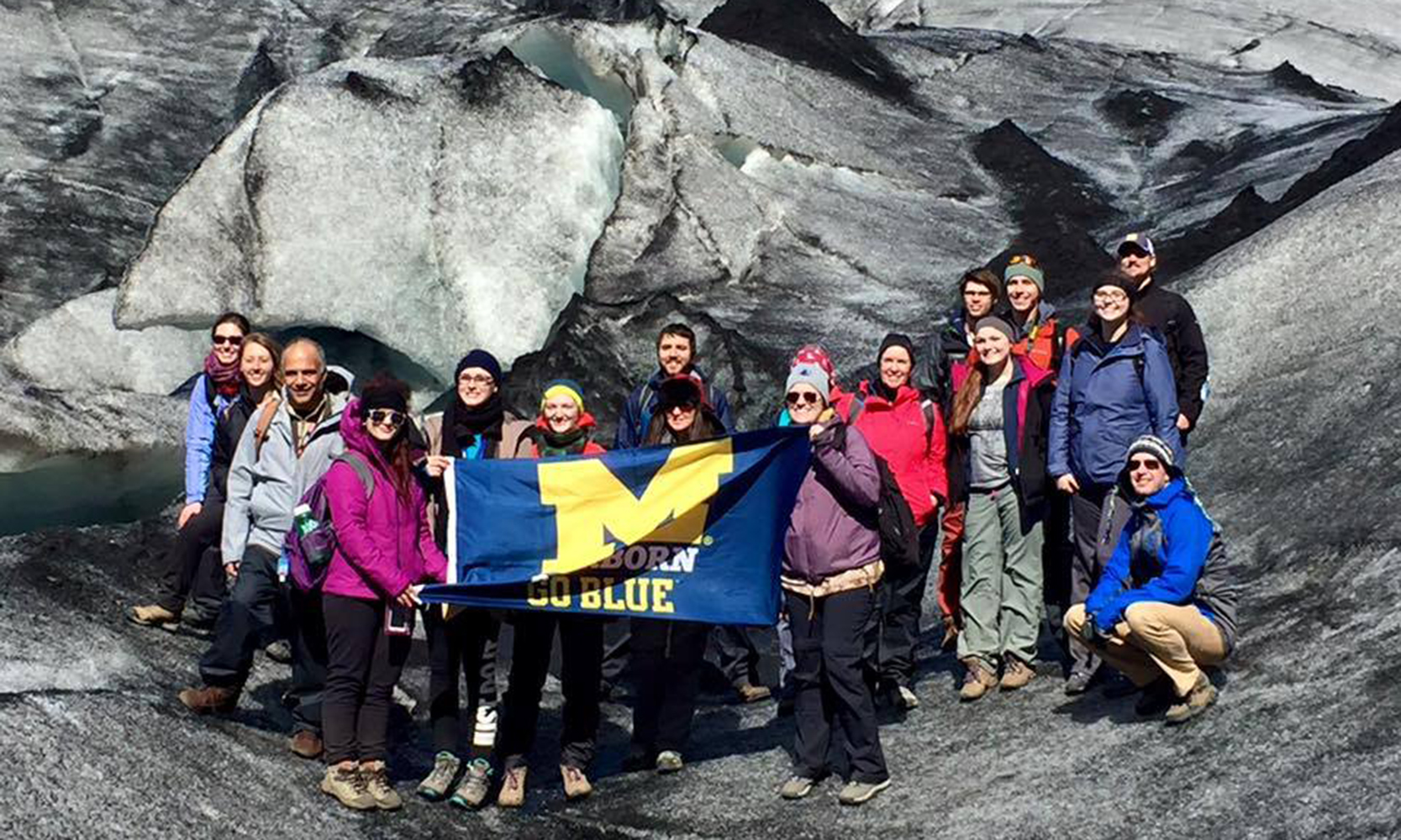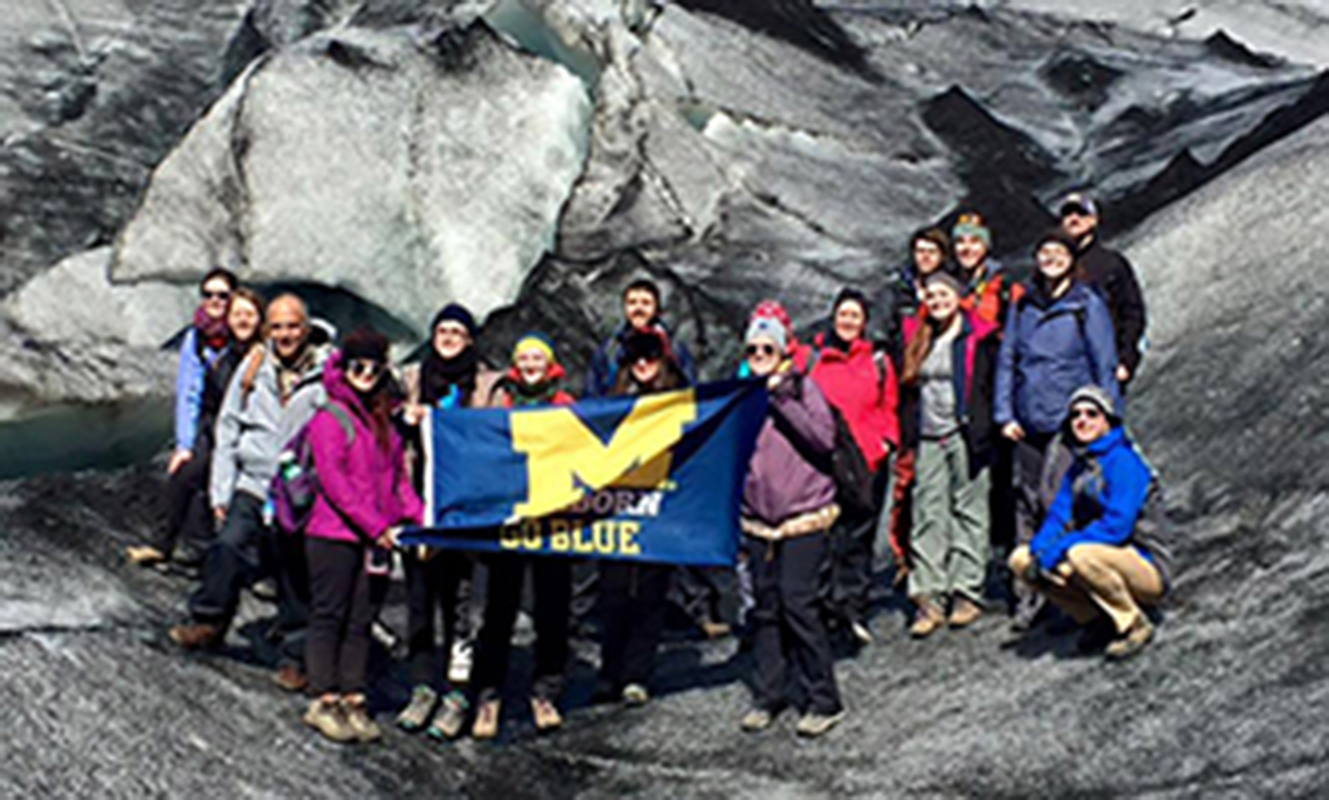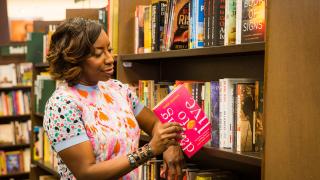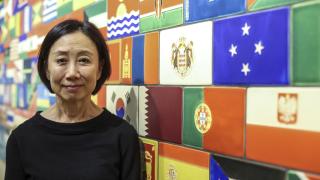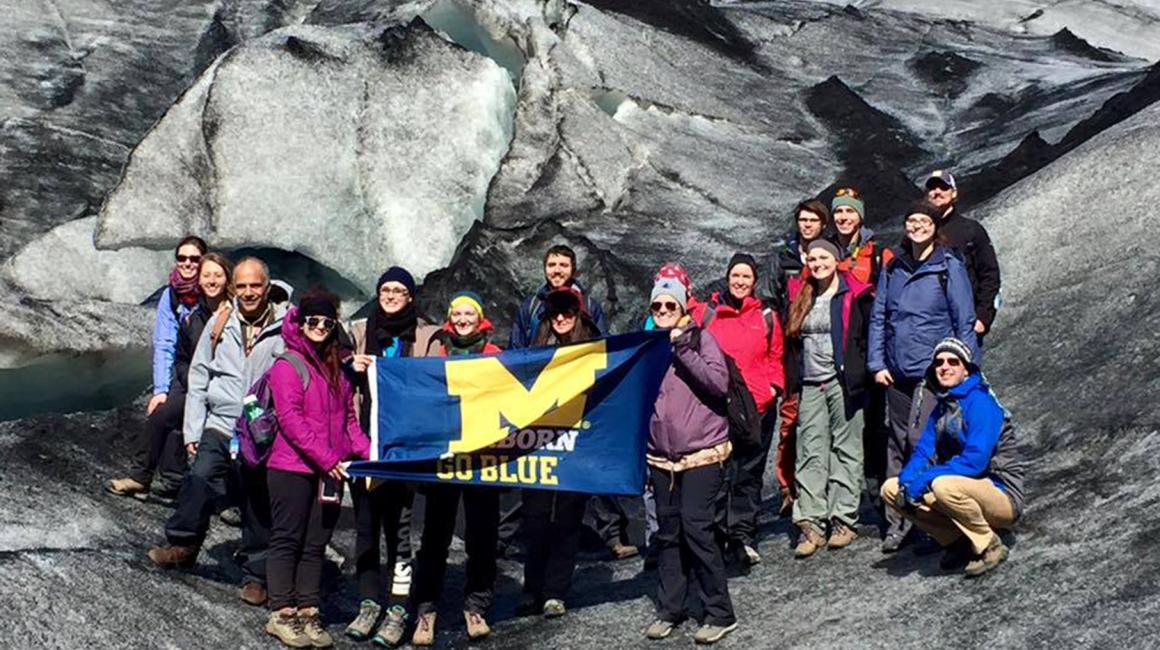
Alexandra Slonina read about the medieval period in Rome. And she learned about it in class. But this summer, during a study abroad experience, she physically surrounded herself with history.
Slonina, who studied anthropology and biology on campus, assisted Patrick Beauchesne, assistant professor of anthropology, in his research on the nearly 500 medieval skeletons excavated in a rural village outside of Rome to understand the health of the population—from nutritional levels to hard labor stress to oral health.
She measured femurs for possible pathological traits like diseases or bone breakage. She looked at tooth enamel to see if any growth stages were stunted due to environmental hardship. And she gained a better perspective of what life was like for these people nearly 1,000 years ago.
“Usually people are more interested in upper class populations, and don’t get the opportunity to hear more about the ‘common’ people,” said Slonina, who couldn’t share too much about her findings because the research hasn’t been published yet. “I was able to spend a month in Italy learning about their lives, and—through this experience— learning about myself.”
Slonina, who graduated in May, said the work prepared her for the next step in her career—in a way that classroom experiences couldn’t.
“There were many physical hours spent working, as well as time outside of work spent brainstorming about how their lives were in late Medieval times,” Slonina said. “I learned so much from studying the skeletons, and this work definitely taught me about the Italian work ethic, the bureaucracy behind studying foreign archaeology, and how the more people you have on a project, the more possibilities there are to problem solving.”

